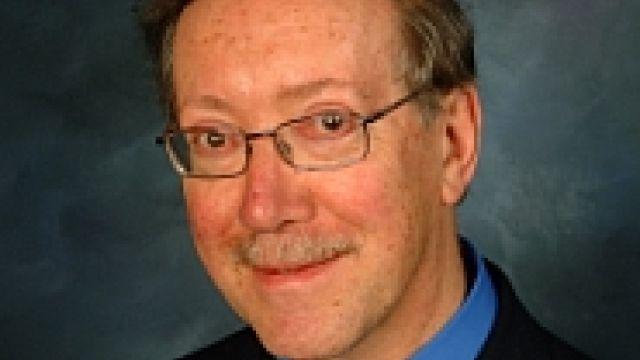Harry Rigby Seminar Series - Social Justice and postcommunist Russia.

Communism was supposed to have eliminated the exploitation of man by man. It certainly limited the more obvious forms of inequality, not least in wealth and money incomes. But the end of communist rule in 1991 led to a rapid widening of differences of all kinds as a small minority discovered that they could exchange their political position for economic advantage. Using official figures, surveys, focus groups and some recent interviews with leading officials, I shall be asking what has happened to the ideal of an classless society in a state that claimed to have been building one for more than seventy years. If differences have widened, had they widened at the same rate across the communist and postcommunist world, and at the same rate as in the larger capitalist societies? And what has been the reaction of a newly enfranchised public - were wider differences acceptable, or acceptable only to the extent to which they were ‘deserved’? And if they were not acceptable, what implications might that have for political stability in what is still the world’s largest country?
Stephen White is James Bryce Professor of Politics at the University of Glasgow, and Honorary Visiting Professor at the Institute of Applied Politics in Moscow. He is a graduate of Trinity College Dublin, and holds a PhD in Soviet Studies from the University of Glasgow and in Politics from Oxford University. He is the author of more than forty books, most recently Identities and Foreign Politics in Russia, Ukraine and Belarus (with Valentina Feklyunina, 2014). While in Canberra as a Visiting Fellow at the School of Politics and International Relations he has been working particularly on Russian electoral politics, in association with Ian McAllister. He was elected a Fellow of the British Academy in 2010.
Please, RSVP for this event on Eventbrite by Wednesday 18 February 2015.